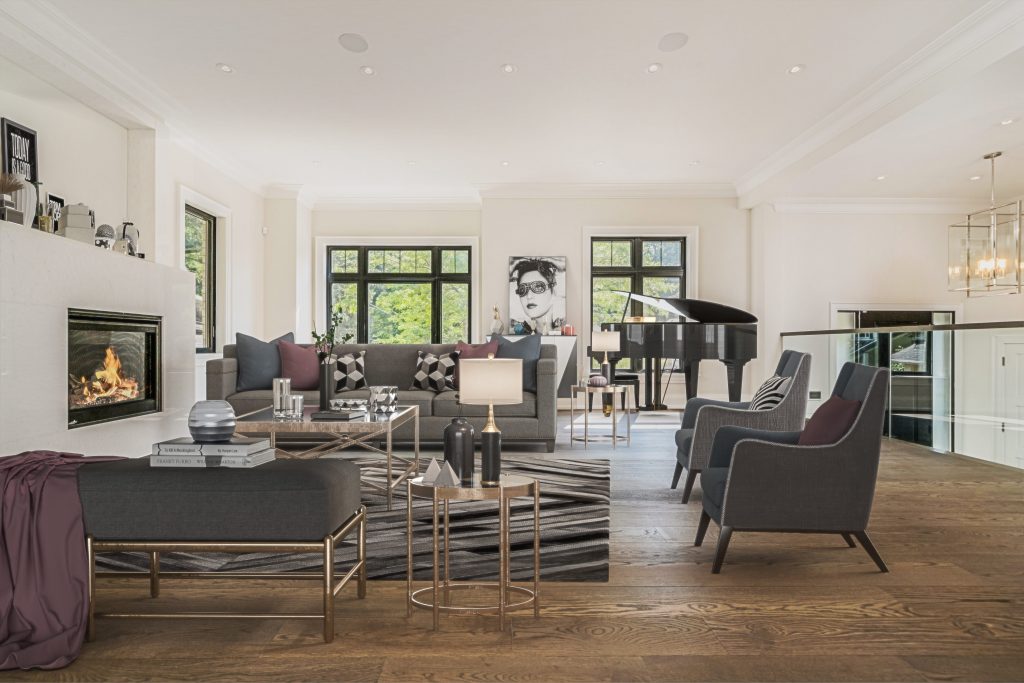
How COVID-19 has impacted smart home installations
 PHOTO: Shutter House Media Inc.
PHOTO: Shutter House Media Inc. Even though the COVID-19 pandemic has seemingly brought the world to a stop, smart home installations are still on the fly.
One such company still helping clients install smart home technologies during this time is Engel & Völkers, a luxury service companies specialized in the brokerage of premium residential property and commercial real estate.
“It’s promoted as a luxury brand but it’s about giving luxury service to people, no matter what the price point,” Anita Springate-Renaud, license partner of Engel & Völkers Toronto Central, said in a recent interview with Smart Homes Canada.
“People deserve good service for what they pay for it.”
While the COVID-19 pandemic has forced the world at large to learn how to use different telecommunication platforms, Springate-Renaud shares that this was not a problem for Engel & Völkers, who she describes as being a technology brand at its core.
This was an asset for clients who were still enlisting the company’s help installing smart technology.
“We had the technology in our backend to do virtual meetings with our clients and when people are looking for smart homes, we were still able to help them see what was available,” Springate-Renaud explains.
While Springate-Renaud will advise clients on technologies that they should consider for their homes, she stresses that she takes a collaborative approach with her clients, based on their experiences and preferences with a brand.
Among the requests received from clients, Springate-Renaud observes that her clients have been asking for installations such as furnaces and lights that home owners are able to control from their phones.
“That was very popular and has been popular for the last few years — something where people can have the ability to turn down the heat or just monitor what’s going on.
“We’re certainly seeing more of it now [in COVID-19].”
Other trends that Springate-Renaud has noticed in her clients’ purchases include smart home features of being able to turn the lights on and off remotely, having security cameras, as well as blinds that are automated.
However, even though COVID-19 has been shaking up other areas of the smart home industry, Springate-Renaud shares that she has not noticed an uptick in products like built-in air purifiers, due to issues in supply chain.
Looking ahead, Springate-Renaud theorizes that the interest in smart homes will continue to generate more interest from people, especially if the mandated work from home order continues into the new year.
“I think there will be more and more work from home and I think there will be a shift in terms of working on stuff that we won’t go back,” Springate-Renaud explains.
“There used to be a real big stigma of working from home companies because they did not think you’d be as productive I think this has shown that people are just as productive if not more, from home, so why maintain such a huge workspace?
Springate-Renaud concludes: “People are going to be looking for more [smart technology] from home where they can talk to their employers properly and have more space — whatever it is like in their home offices.”